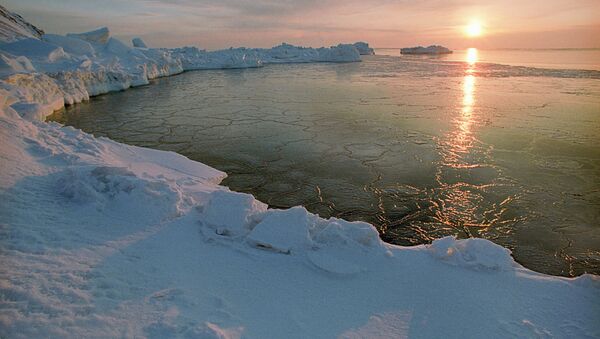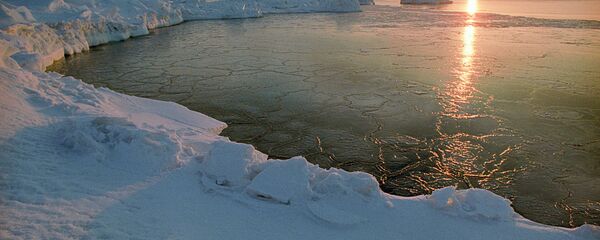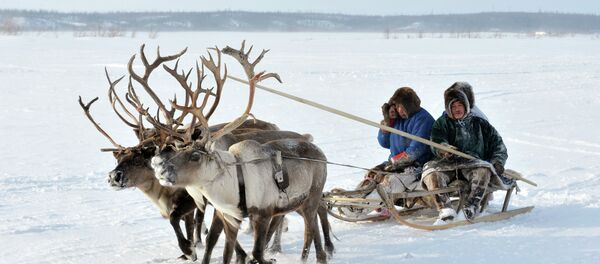"I think it's too late [to reduce CO2 emissions]. They have to do it and it's great that the nations have got together, but they should have done it 20 years ago. So, for example, they keep talking about how the global increase in temperature is 1.5 now and they want to keep it below 2, but they forget that in the Arctic it's 3 already," Callaghan argued.
"I think the future of the Arctic, if you want to get wealth out of the Arctic, then please invest in alternative technologies. I think that's one way forward," Callaghan said on the sidelines of the Arctic Days in Moscow forum held in the Russian capital through Friday.
"I'm very grumpy, bad-tempered about the way that we have not developed fuels. That technology is around, there are electric cars, but they use fossil fuel and for me this is crazy," the Nobel prize holder said.
According to Callaghan, release of methane gas, the most important greenhouse gas after CO2, from the Arctic seabed posed a big threat to the environment in the region.
"The big challenge in the Arctic region is that on the continental shelves you have methane hydrates, you have a huge concentration of them. Statistics are if one percent of that carbon goes into atmosphere, you double atmospheric carbon and that's just one percent. And we don't really know the processes," the professor explained.
He also urged countries to follow Japan's lead in looking for ways how to "harvest methane hydrate" instead of letting it escape in the atmosphere while exploring the Arctic region.
With about a third of its territory located north of the Arctic circle, Russia is an active member of the research and development projects in the region and a member of the Arctic Council along with the United States, Canada, Denmark, Finland, Iceland, Norway and Sweden.



